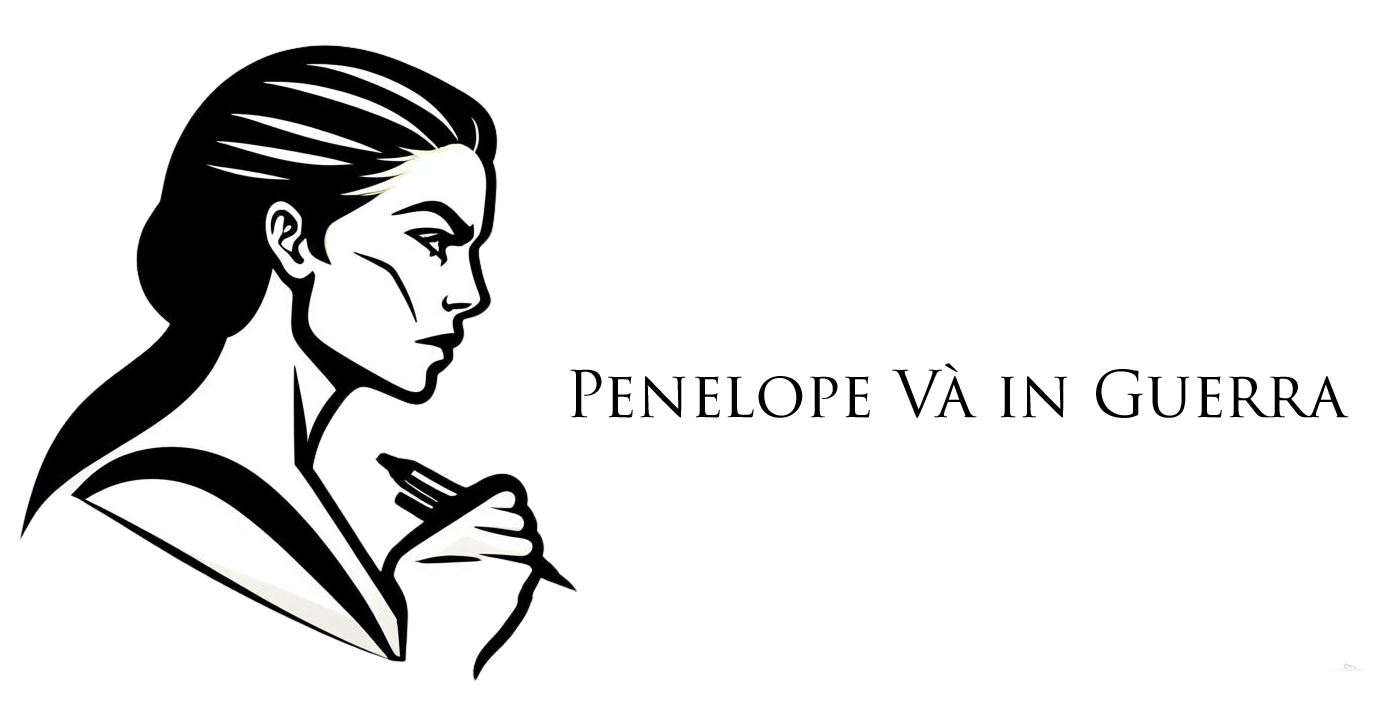Most of us, as children, have at least once locked ourselves in a room and been unable to open the door. It happened to me in the bathroom, and while my whole family, between fainting, shouting, and frantic phone calls, tried to explain to me how to turn that damn key, the panic in my stomach grew rapidly because I was terrified of being stuck in that room forever.
The same child who fears being trapped in a room because they genuinely crave freedom will, as an adult, experience the exact opposite fear: being locked out of the room that others built for them long before they were even born.
The invisible walls of this room hover around us like a virus, following us wherever we go. Every time a more or less defined stage of life comes to an end, we feel at least a little stranded, gasping for air. And if, as the saying goes, when one door closes, another one opens, then when the door of your twenties shuts behind you without yet having a stable job or income, a sense of fear mixed with irritation creeps in. Or when a woman reaches the threshold of forty without having fulfilled the expectation of motherhood, she might feel something even stronger, a sort of panic, as the hands of the clock move ever faster.
There are countless examples of what the Germans define with a single medieval, derived word: Torschlusspanik, literally the panic of the closing gate. In the Middle Ages, cities were surrounded by walls, and gates were locked at sunset to protect against external dangers and enemies. Granted, back then, calling someone to open the door wasn’t exactly an option. But today, even though we always have a phone in our hands, when the psychological metaphor of the closing door haunts us, we have no idea what number to dial. Aware that time is passing, we don’t even know who closed that door, but society’s expectations remain clear, and that’s why we panic.
And this is exactly where the downward spiral begins: we choose a lousy job because it “guarantees a good pension,” we get married because it’s “the right time,” not out of genuine respect and connection, or we partner up randomly, scrambling to fertilize the last few available eggs, just to have (at least) one child as quickly as possible.
This kind of strategic pairing, nothing more than selfishness disguised as biological necessity, is often just another box to tick off on a predefined life path.
For women, these societal roles are particularly suffocating. From childhood, they learn that if they don’t conform to expectations, they risk disappointing others, while a disobedient little boy is told he may be naughty, but at least he has “character.” This mindset has been passed down for centuries.
It would be wise to ask ourselves how many of our choices stem from the panic of a closing door.
Doing things at random out of fear instead of courage, never stopping to look in the mirror and ask what truly aligns with our nature and way of being, is the perfect formula for unhappiness.
The only way to find fulfillment in life, and, in turn, make a meaningful contribution to the world, is to understand who we really are and, based on that, choose a direction. Only then can we be of value to ourselves and others, fueling that rare, vital energy, the only true source humanity should draw from.
Freedom is not doing whatever we want, but discovering who we really are after finding the courage to step out of that social room, after closing the door on what is, in reality, just a comfortable cell within a much larger prison.


